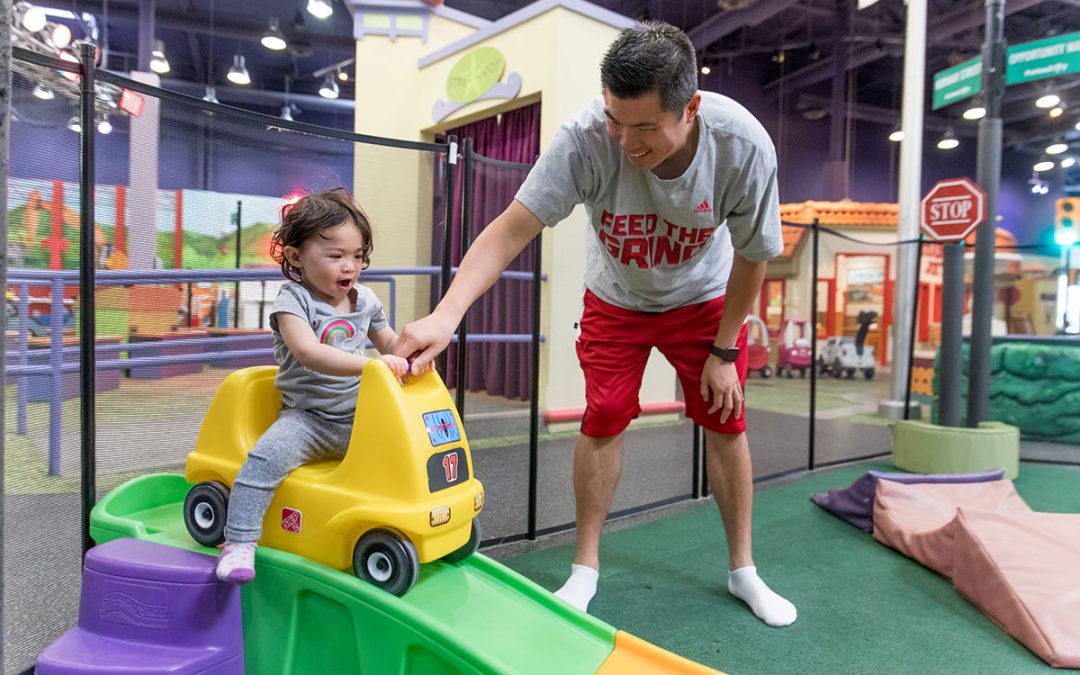As the COVID-19 pandemic lingers on, many parents have expressed concerns regarding their children’s emotional well-being and development. The trauma that constant change and uncertainty has brought into our youth’s lives may have lasting effects on their social and emotional development. Taking time today to build their resilience can drastically alter their ability to positively adapt to change for years to come.
Research has shown that the presence of protective factors in a child’s life increase their chances of healthy development and positive life outcomes. The most important factors have been outlined below.
The Presence of a Sensitive, Responsive Caregiver.
Maintaining regular connections to attentive caregivers is the most important factor in mediating stress and trauma. Spending quality time with your child, even if it is for a short time, positively supports their sense of safety and security. Take a walk together, play their favorite game, enjoy a special treat, or simply talk with them while giving your full attention.
Meeting Basic Needs
Checking in with your child and ensuring that they have met their basic needs each day is crucial to fostering stability. Making sure there is food to eat, shelter, clothing, and medical care available to your child is critical to their cognitive development and their mental health. If you are struggling with food insecurity, or access to any of these resources please consider reaching out to a family resource center.
Emotional Support
Changes in emotional expression and behavior is expected during a pandemic, as day to day adjustments must be made. Look for signs of emotional distress in your child (clinginess, anxiety, unexplained aches and pains, tantrums, sadness, anger) as these can indicate that your child needs more support. Reassure your child that they are safe. Establish a routine for eating, sleeping, and playing. Practice emotional regulation as a family, check in with one another’s feelings and offer opportunities for your child to ask questions.
Support for the Caregiver Well Being
Building resilience in your child starts with you. Acknowledge your own thoughts, feelings, and fears. Take time to prioritize your well–being, taking breaks from stressors when needed. Practice mindfulness and being present.
Social Connectedness
In a time of social distancing, this may be the hardest factor. Strengthening positive social connections helps both you and your child remain resilient during this time. Carve out virtual family time to connect with distant relatives. Encourage your little ones to virtually connect with old classmates or find fun and creative ways to play with neighbors while socially distanced. Leaning on others builds resilient communities.
A Resilient City
At Pretend City, we believe in building better brains while empowering children to meaningfully connect with and expand their world. In a time of social distancing, rapid changes, and unfamiliarity, we strive to provide you and your family with the tools and resources you need to build your child’s resilience and support their development. Though we may not be able to learn together in person, our City has moved online to support its citizens through online programming, virtual content, and purposeful activities you can do with your little ones today. Be sure to check out our Play @ Home guide or tune in for our Live Facebook events!

